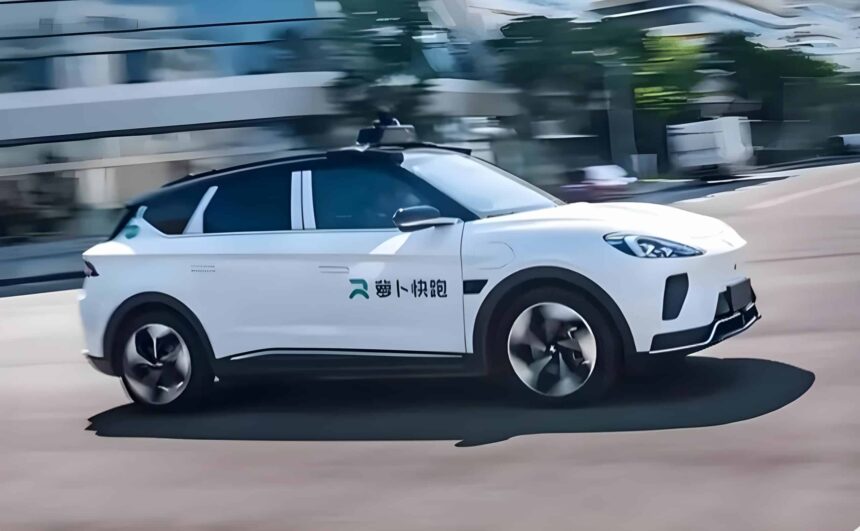According to Baidu’s latest earnings report, its autonomous ride-hailing platform, Apollo Go, achieved a significant milestone in the second quarter of 2024: approximately 899,000 rides, representing a 26% year-on-year increase. As of July 28, Apollo Go has operated more than 7 million rides.
Compared to Google’s robotaxi service provided by Waymo, the company announced on Tuesday that it has surpassed 100,000 paid rides per week across Los Angeles, San Francisco, and Phoenix combined.
In response to Pacific Securities’ forecast, a Chinese financial institution and brokerage firm, the market size of robotaxi in China is expected to surpass 1.18 trillion yuan ($165.2 billion) by 2025 and an astonishing 2.93 trillion yuan ($410.2 billion) by 2030, respectively.

Since its inception of an intelligent driving business unit in 2013, Baidu has had a long history of exploring autonomous vehicles. Within the past year, Baidu unveiled its “Apollo Venture” at the Shanghai Automotive Show. In 2017, Baidu unveiled the Apollo Open Platform, a pioneering open-source technology for autonomous vehicles. At the time, Wang Jin, then head of Baidu’s autonomous automotive endeavour, declared to industry insiders: “It will take three years to grasp the business potential, five years to achieve mass production, and a decade to revolutionize the way we travel.”

In the second half of 2019, Baidu redirected its attention towards developing robotaxis, with Apollo Go commencing manned checks for commercial operations within China’s borders.
At its Apollo Day event last year, Baidu announced that its autonomous driving subsidiary, Apollo Go, is expected to reach profitability in Wuhan by the end of 2024 and turn a profit by 2025. Wang Yunpeng, Baidu’s Vice President, revealed that the total cost of their fifth-generation autonomous vehicle, Apollo Go, is a significant 480,000 yuan, which translates to approximately $67,200. He also highlighted the robotaxi’s potential to operate reliably for a substantial five-year period.
To further scale back prices, Baidu introduced in May this year that the price of its Sixth-generation robotaxi (also known as RT6) has been reduced to 204,600 yuan, equivalent to approximately $28,350 USD, and plans to deploy 1,000 units by the fourth quarter to achieve 24/7 operation in Wuhan. By replacing the in-vehicle security operator with remote monitoring capabilities, fleet managers can streamline their operations and reduce costs.
The RT6’s primary lidar component is supplied by Hesai, featuring four ultra-high-definition, long-range AT128 lidars that enable a detection range of up to 200 metres.
Supply: YiCai, 36kr





![Kia EV6 GT vs gas-powered BMW M2 in a quarter mile and handling test showdown [video]](https://the-future-automobile.com/wp-content/uploads/2024/08/Kia-EV6-GT-BMW-M2-150x150.jpeg)





